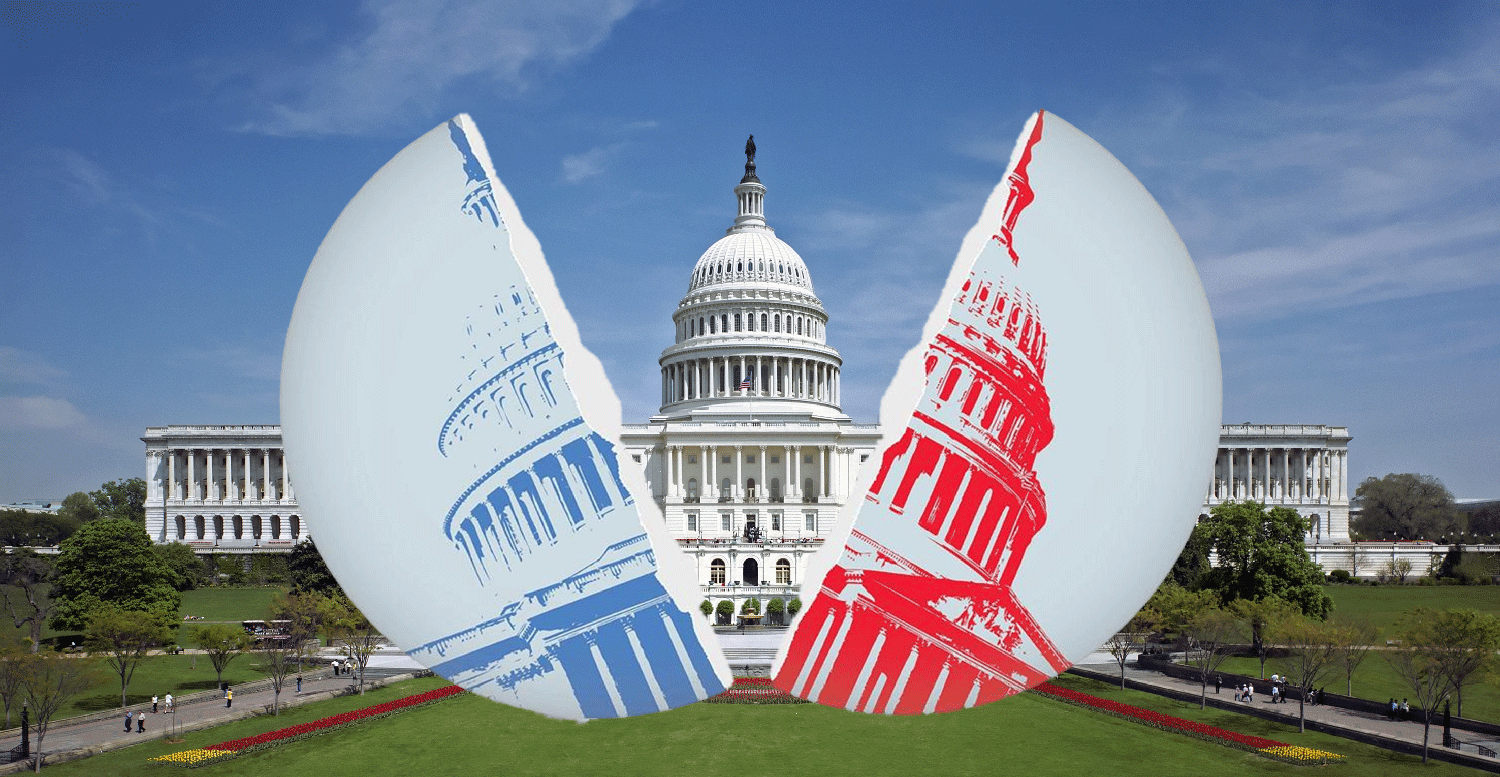by Greg Valliere, AGF Management Ltd.
THE FOCUS ON JOE MANCHIN and what he might accept next year has been eclipsed in the past 48 hours by a much bigger development — the need for emergency aid and other responses to the stunning rise of the omicron variant, which may send the economy into another downward spiral.
THIS NIGHTMARE SCENARIO has one chilling feature — it’s breaking through, rapidly, among individuals who already have three shots. It may not hospitalize or kill as many people as the lethal Delta, but the unvaccinated face staggering consequences. Only 61% of Americans have two shots; stunningly, only 28% have had three.
FROM THE NATIONAL FOOTBALL LEAGUE to Broadway shows, the impact may only worsen in coming days — an enormous challenge for the reeling Biden Administration. The president will have to do more than urge vaccines; he may have to provide more aid.
THERE ARE STILL BILLIONS LEFT from last spring’s $1.9 trillion covid aid bill, but the need to aid businesses and cities could gobble that up within the next few weeks. Biden, in his national address tomorrow, will have to at least hint at more federal aid. And his insistence on resuming student loan repayments looks politically risky in this climate.
AS FOR THE MANCHIN DEBACLE, how clueless has the White House and most Democrats been? The West Virginia maverick made it clear during the summer that $1.5 trillion was his limit, but hubristic progressives thought they could change his mind. We never thought that would succeed — and for the record, we wrote on Nov. 11 that the BBB bill would fail.
THE FOCUS WILL SHIFT TO PORTIONS OF THE BILL that Manchin can support; there’s an excellent list in Politico this morning. Considering the scathing criticism of Manchin from the White House this weekend, we doubt he will be in any hurry to resume negotiations in 2022.
THE BILL’S SWEEPING ENVIRONMENTAL REFORMS, spending $555 billion on green provisions, look doomed; West Virginia — and Manchin personally — will benefit. U.S. allies, who were urged to go green in Glasgow last month will see still another U.S. commitment abandoned.
BUT THE BLOATED BBB BILL will now take a back seat to urgent talks on what to do about this latest Covid crisis. Fiscal and monetary policy ordinarily would be the go-to options, but both face a more restrictive climate at the worst possible time.
COULD THE STOCK MARKET SELL-OFF, amid plunging bond yields this morning, prompt the Federal Reserve to slow its plans to begin raising rates? The end of asset purchases still looks likely by spring, but the dramatic re-assessment of GDP forecasts for the first quarter and beyond could delay the initial rate hike until summer or later.
The views expressed in this blog are those of the author and do not necessarily represent the opinions of AGF, its subsidiaries or any of its affiliated companies, funds or investment strategies.
The views expressed in this blog are provided as a general source of information based on information available as of the date of publication and should not be considered as personal investment advice or an offer or solicitation to buy and/or sell securities. Speculation or stated believes about future events, such as market or economic conditions, company or security performance, or other projections represent the beliefs of the author and do not necessarily represent the view of AGF, its subsidiaries or any of its affiliated companies, funds or investment strategies. Every effort has been made to ensure accuracy in these commentaries at the time of publication; however, accuracy cannot be guaranteed. Market conditions may change and AGF accepts no responsibility for individual investment decisions arising from the use of or reliance on the information contained herein. Any financial projections are based on the opinions of the author and should not be considered as a forecast. The forward looking statements and opinions may be affected by changing economic circumstances and are subject to a number of uncertainties that may cause actual results to differ materially from those contemplated in the forward looking statements. The information contained in this commentary is designed to provide you with general information related to the political and economic environment in the United States. It is not intended to be comprehensive investment advice applicable to the circumstances of the individual.
AGF Investments is a group of wholly owned subsidiaries of AGF Management Limited, a Canadian reporting issuer. The subsidiaries included in AGF Investments are AGF Investments Inc. (AGFI), AGF Investments America Inc. (AGFA), AGF Investments LLC (AGFUS) and AGF International Advisors Company Limited (AGFIA). AGFA and AGFUS are registered advisors in the U.S. AGFI is a registered as a portfolio manager across Canadian securities commissions. AGFIA is regulated by the Central Bank of Ireland and registered with the Australian Securities & Investments Commission. The subsidiaries that form AGF Investments manage a variety of mandates comprised of equity, fixed income and balanced assets.
About AGF Management Limited
Founded in 1957, AGF Management Limited (AGF) is an independent and globally diverse asset management firm. AGF brings a disciplined approach to delivering excellence in investment management through its fundamental, quantitative, alternative and high-net-worth businesses focused on providing an exceptional client experience. AGF’s suite of investment solutions extends globally to a wide range of clients, from financial advisors and individual investors to institutional investors including pension plans, corporate plans, sovereign wealth funds and endowments and foundations.
For further information, please visit AGF.com.
©2021 AGF Management Limited. All rights reserved.
This post was first published at the AGF Perspectives Blog.












